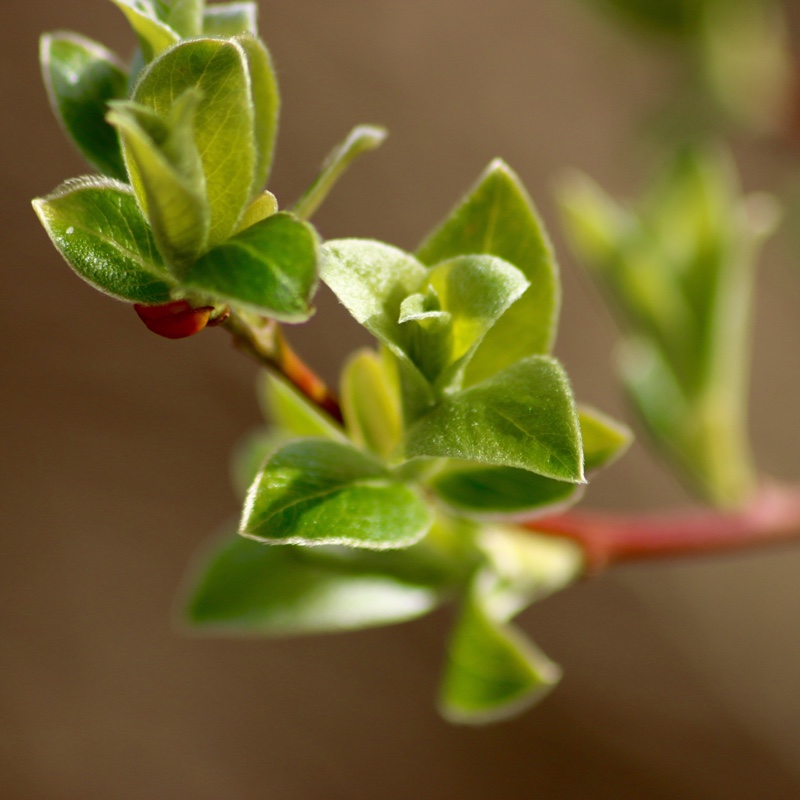
Prunus padus
Bird Cherry
Prunus padus, or Bird Cherry, is a small deciduous tree native to Northern Europe and North Asia. It is very similar to the wild cherry. It has smooth, peeling bark with an unpleasant smell, and young shoots that are hairy, becoming hairless as they age. White scented flowers with 5 petals appear in Spring and are followed by reddish-black, bitter cherries. Bird cherry does not produce root suckers.
Contributed by @crestiesneuk
-
Full sun
-
Occasional watering
-
Full Frost Hardy: 5F (-15°C)
-
Light and free draining
Common name
Bird Cherry
Latin name
Prunus padus
type
Deciduous trees or shrubs
family
Rosaceae
ph
5.5 - 8.0 Acid - Neutral
Plant & bloom calendar
-
Best time to plant
-
When to harvest
full grown dimensions
 15.00 M
25.00 M
15.00 M
25.00 M
Prunus padus
Prunus padus, or Bird Cherry, is a small deciduous tree native to Northern Europe and North Asia. It is very similar to the wild cherry. It has smooth, peeling bark with an unpleasant smell, and young shoots that are hairy, becoming hairless as they age. White scented flowers with 5 petals appear in Spring and are followed by reddish-black, bitter cherries. Bird cherry does not produce root suckers.
Planting
From Early Spring TO Early Spring
Cherries prefer deep, fertile and well-drained soil with pH 6.5-6.7. They dislike shallow, sandy or badly drained soils. Acid cherries tolerate some shade and are suitable as fan-trained trees against north-facing walls or fences, or as open centred bush trees. Best planted in full sunlight.










